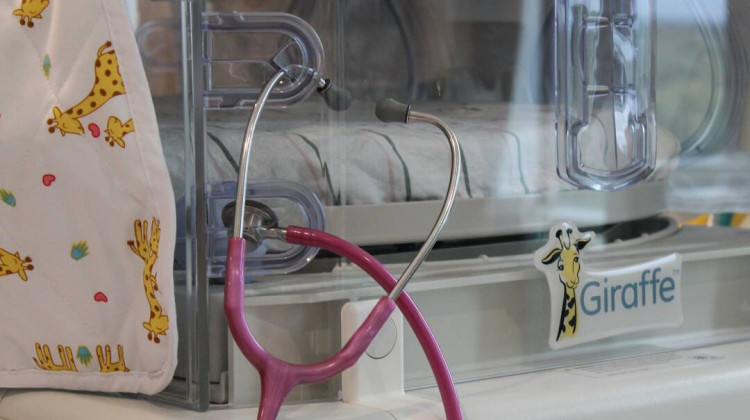Thousand of women will gathered for the Susan G Komen Race for the Cure Saturday in Indy. The organization has played an important role in advancing awareness about the disease, including an aspect of treatment that’s sometimes overlooked.
For many breast cancer survivors, reconstructive surgery is an important part of recovery. Yet research shows that women’s access to information and services still varies widely.
A study published earlier this year in the Journal of Clinical Oncology showed a rising percentage of survivors had reconstructive surgery over a 10-year period following passage of a federal law requiring insurers to pay for breast reconstruction if they cover mastectomies.
But geography appeared to play a big role in the treatment they received. Women who lived in cities – with presumably greater access to trained specialists -- were much more likely to get the surgery than those who didn’t.
"In those situations patients are sometimes not being either offered, or the options that are offered are not very appealing for the patient." says Dr. Juan Socas, a reconstructive surgeon at the IU Health Simon Cancer Center.
Research also shows that women with private insurance are more likely to have the surgery. New legislation under the Breast Cancer Patient Education Act would implement campaigns to inform about reconstruction options like availability, type of prostheses, coverage requirements and patient’s rights. The proposal also stresses the importance of women knowing their options at the time of diagnosis.
The American Cancer society estimates that over 200,000 women will face breast cancer this year.
 DONATE
DONATE








 Support WFYI. We can't do it without you.
Support WFYI. We can't do it without you.